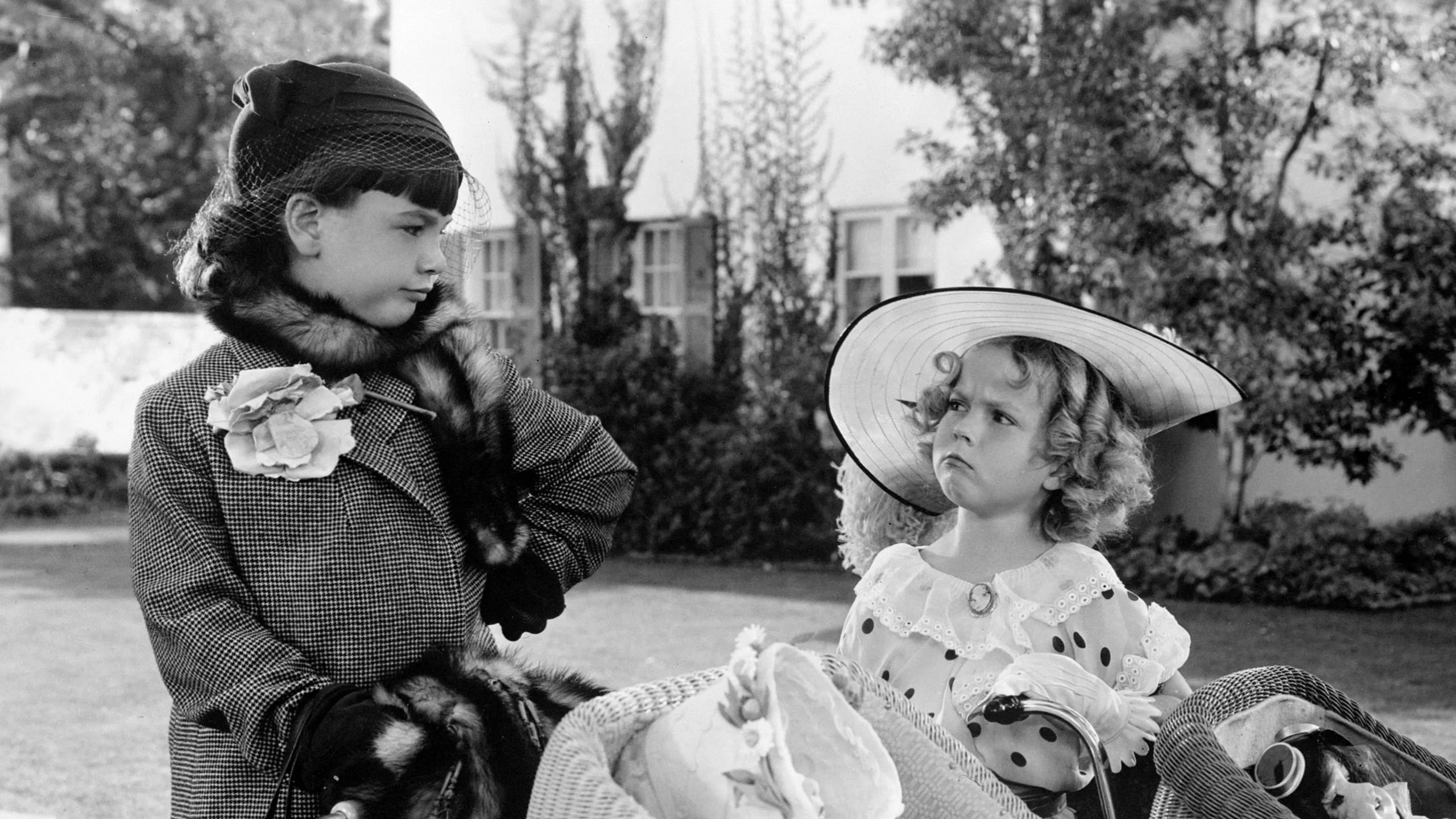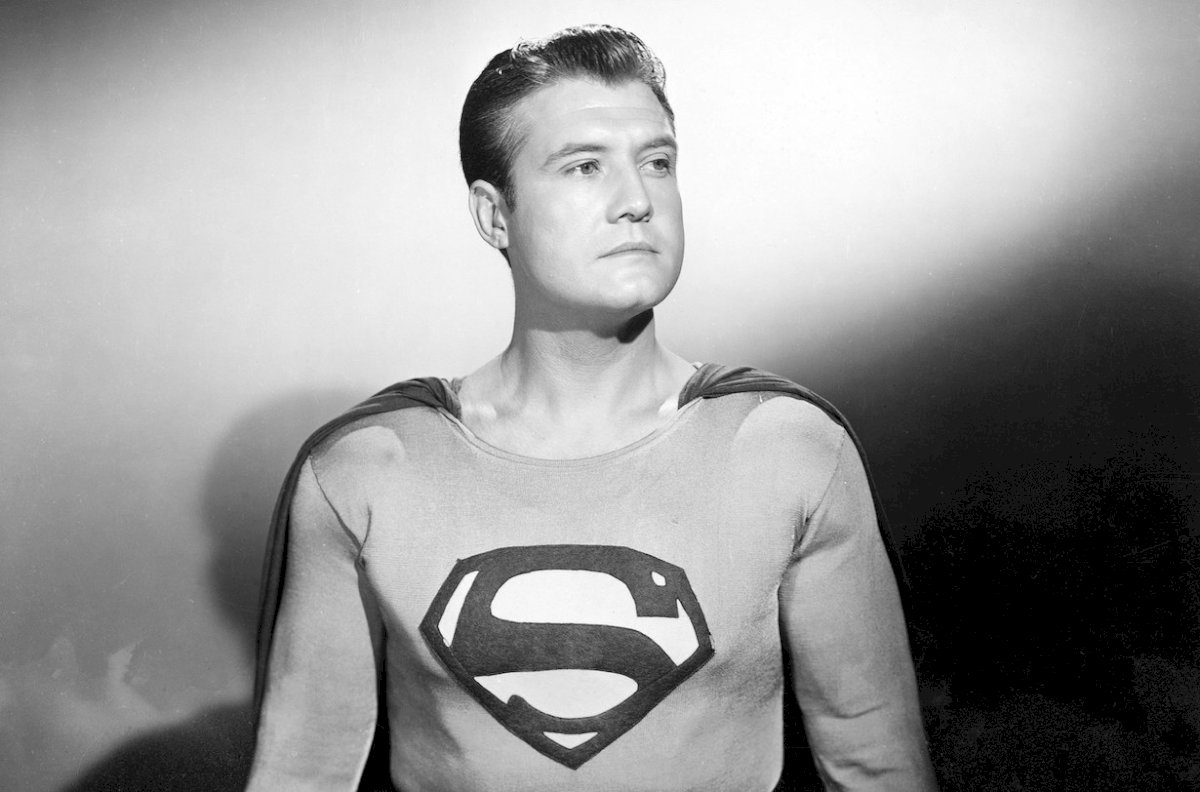In the mid-1960s, American television witnessed the emergence of a show that defied convention, blended macabre with humor, and introduced the world to a family like no other. "The Addams Family," which aired from 1964 to 1966, remains an enduring classic that has left an indelible mark on pop culture. This iconic TV series, created by David Levy, was inspired by the darkly comedic cartoons of Charles Addams and brought the eccentric Addams family to life in an unforgettable manner. With its memorable characters, unconventional humor, and timeless appeal, "The Addams Family" continues to captivate audiences even decades after its original run.
(Watch the video below)
The Genesis of "The Addams Family"
To truly appreciate the brilliance of "The Addams Family," we must delve into its origins. Charles Addams, a talented cartoonist known for his satirical and darkly humorous works, introduced the world to the Addams family in a series of cartoons published in The New Yorker magazine. Beginning in the late 1930s, these cartoons showcased a peculiar and eccentric family living in a Gothic mansion, blissfully unaware of their oddity and the discomfort they caused others.
The cartoons featured characters such as Gomez and Morticia Addams, their children Wednesday and Pugsley, Uncle Fester, Lurch the butler, Grandmama, and the disembodied hand known as "Thing." Each character had their unique quirks and characteristics, contributing to the family's endearing eccentricity. Charles Addams' intricate illustrations and witty humor made these cartoons an instant hit.
The Transition to Television

In 1964, producer David Levy saw the potential to bring the Addams family to life on television. He secured the rights to Charles Addams' characters and began developing a series that would capture the essence of the original cartoons while appealing to a broader audience. The result was a delightful blend of humor, horror, and heart that defied conventional sitcom norms.
"The Addams Family" made its television debut on September 18, 1964, and quickly garnered a devoted fan base. The show's unique blend of macabre humor and eccentric characters struck a chord with viewers, making it an instant success. As viewers tuned in week after week, they became enamored with the delightful oddities of the Addams family and their peculiar antics.
The Memorable Characters

One of the show's greatest strengths was its ensemble cast of memorable characters, each of whom brought their own brand of eccentricity to the Addams household.
Gomez Addams (John Astin): Gomez was the head of the Addams family, a passionate and romantic character with a penchant for fencing and cigar smoking. His adoration for Morticia and his zest for life were infectious.
Morticia Addams (Carolyn Jones): Morticia was Gomez's elegant and enchanting wife, known for her morbid beauty and her penchant for cultivating man-eating plants. Her calm demeanor and dry wit were the perfect foil to Gomez's exuberance.
Wednesday Addams (Lisa Loring): Wednesday was the eldest Addams child, a solemn and morbid young girl with an unusual fascination with the macabre. Her penchant for decapitating her dolls and her stoic demeanor made her a fan favorite.
Pugsley Addams (Ken Weatherwax): Pugsley, Wednesday's younger brother, was known for his love of explosives and experiments. His innocent enthusiasm for all things destructive added a layer of humor to the show.
Uncle Fester (Jackie Coogan): Uncle Fester was Gomez's brother and the family's resident mad scientist. With his bald head and eccentric inventions, Fester provided a constant source of comedic chaos.
Grandmama (Blossom Rock): Grandmama was the Addams family matriarch, a witch-like character with a talent for brewing potions and casting spells. Her old-world charm and mystical abilities added a touch of the supernatural to the show.
Lurch (Ted Cassidy): Lurch was the towering butler with a deep, mournful voice. His deadpan responses and willingness to assist the family in their bizarre endeavors made him a beloved character.
Thing: The disembodied hand, known simply as Thing, became the family's helpful assistant. Thing's ability to communicate through gestures and perform various tasks added an element of the surreal to the series.
The Addams' Eccentric World

The Addams' home, a spooky and Gothic mansion complete with a carnivorous plant, torture devices, and hidden passageways, served as the perfect backdrop for their unconventional adventures. The mansion's décor and design reflected the family's taste for the bizarre and the unsettling, and it became an iconic element of the show.
"The Addams Family" also introduced viewers to a range of quirky and memorable traditions, from their annual séance to celebrate their wedding anniversary to their unique approach to child-rearing, which involved dangerous games and experiments. The family's ability to find joy in the morbid and the macabre served as a constant source of humor and charm.
Humor with a Dark Twist

What set "The Addams Family" apart from other sitcoms of its time was its willingness to embrace dark humor. While the family's actions often involved bizarre and morbid elements, the show managed to maintain a lighthearted and comical tone. This delicate balancing act between the macabre and the humorous was a testament to the show's clever writing and the impeccable comedic timing of its cast.
The humor in "The Addams Family" stemmed from the family's genuine love for one another and their unwavering commitment to being themselves, no matter how unconventional. Their interactions with the outside world, which often included bewildered neighbors and unsuspecting visitors, provided ample opportunities for comedic misunderstandings and absurd situations.
Social Commentary
Beneath the surface of its dark humor and eccentric characters, "The Addams Family" occasionally offered subtle social commentary. The Addams family, despite their peculiarities, represented an unconventional but loving family unit. In a time when societal norms were rapidly evolving, the show subtly challenged traditional family structures and norms, emphasizing that love and acceptance could transcend appearances and behaviors.
The family's rejection of materialism and their embrace of the unconventional also served as a commentary on the superficiality of the mainstream culture of the 1960s. While their neighbors, the Munsters, were a parody of a typical American family, the Addams family reveled in their uniqueness, offering a different perspective on what it meant to be happy and fulfilled.
Legacy and Cultural Impact
Though "The Addams Family" enjoyed only two seasons on television, its impact has been far-reaching and enduring. The show has spawned numerous adaptations, including animated series, feature films, and a Broadway musical. Each iteration has introduced the Addams family to new generations of fans while staying true to the spirit of Charles Addams' original cartoons.
The show's iconic theme music, composed by Vic Mizzy, remains instantly recognizable to this day and is often associated with all things spooky and kooky. The catchphrase "They're creepy and they're kooky, mysterious and spooky..." is etched into the collective memory of multiple generations.
Conclusion
"The Addams Family" (1964-1966) is a timeless classic that defied convention and captured the hearts of viewers with its blend of dark humor, eccentric characters, and unconventional charm. The legacy of the show lives on through various adaptations and remains a testament to the enduring appeal of the Addams family's quirky world.
Decades after its original run, "The Addams Family" continues to enchant audiences, reminding us that it's okay to embrace our quirks and celebrate our uniqueness. As Gomez and Morticia would say, "Sic gorgiamus allos subjectatos nunc" – we gladly feast on those who would subdue us. In other words, we celebrate and cherish the enduring legacy of "The Addams Family."


